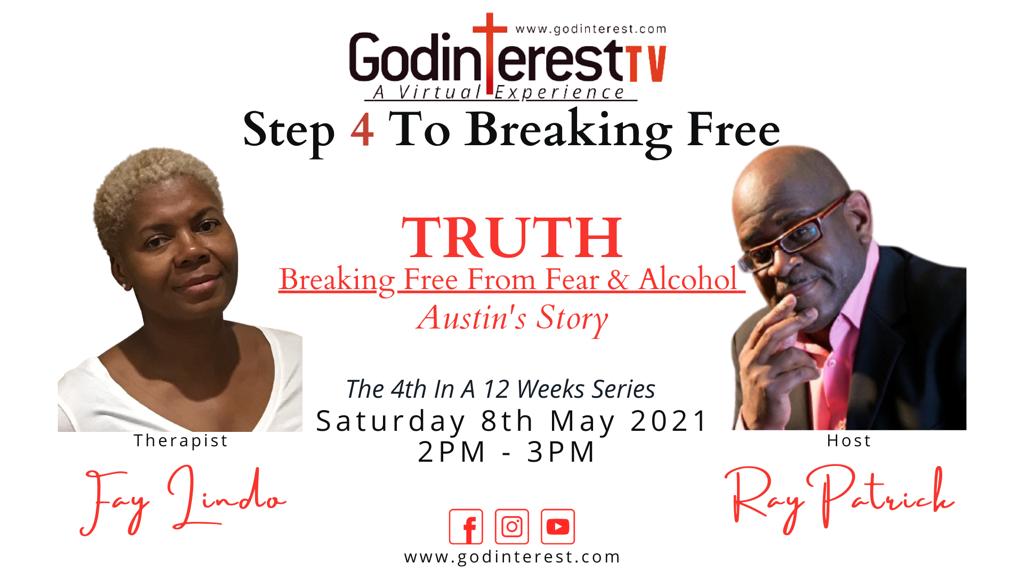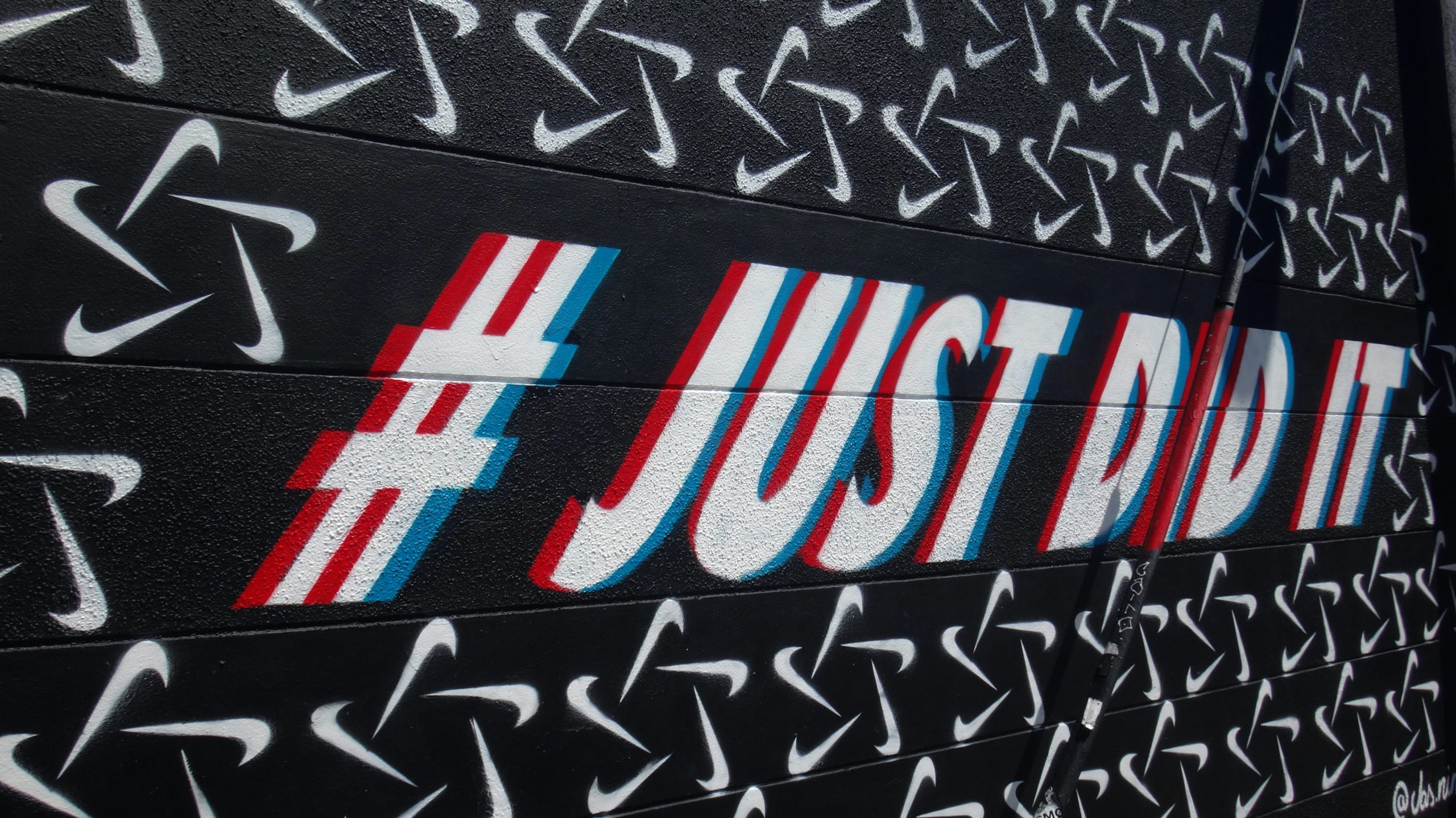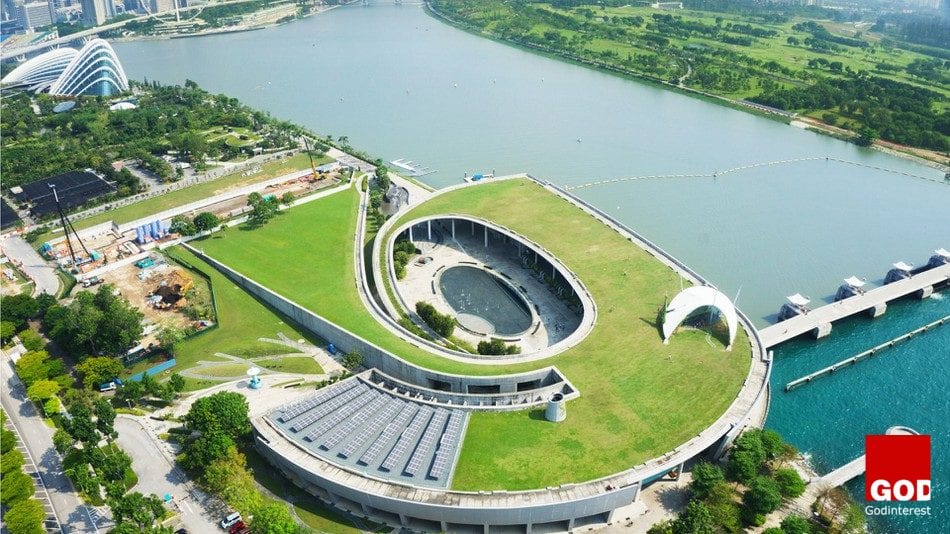A man and a woman coo over each other. A bystander turns to another and says, “What does she see in him?” Or, conversely, “What does he see in her?”
She’s tall, he’s short, shes from the city, his from the country, she talks a lot, he’s quiet, he likes Australia, but she likes New York, he’s a Hill-song gospel music fan, she’s a Marilyn Manson fan. She also loves the bright lights and big options, shes unholy, she’s not righteous, she’s impure, she’s been around the block. People know her by what she does, not by her name. There the ‘odd couple’.
Now it’s been said that “Men marry women with the hope they will never change. but that “Women marry men with the hope they will change.”
But not in this case. God has told this holy man to marry an unholy woman, a woman which will not be faithful, a woman by her wicked nature is sure to commit adultery, a woman that will cause endless frustration and monumental grief. Hosea is a prophet, his wife is a prostitute. He’s a man of God, she’s a woman of the night, he is faithful, she is unfaithful, he peaches the power of the living God, she provides ungodly considerations for cash. The story of Hosea puzzles even the devout and zealous Christian. There an ‘odd couple’.
Why did God ask his own prophet to marry a prostitute?
An immense allegory can be interpreted from the depths of Hosea’s life. The prophet Hosea was commanded to marry an unfaithful wife, and this set up a model of our broken relationship with God.
Hosea’s wife: an allegory of God’s undying love
The LORD is the husband of Israel, and Israel’s passionate, chronic attraction for idols was like the lust of an adulterer. His people were as unfaithful as a prostitute. For the land had committed great whoredom by forsaking the LORD.
Could you imagine Hosea’s, groomsman – you’re respected, a wise man, but your decision making is in question? Your wife is a disgrace. Why on earth are you married to a woman like that?
The reply, why on earth is such an awesome, good and powerful God married to a people like you?
Young people and self-esteem
Self-respect is perhaps the most essential quality for young women, especially in our generation.
We live in an era where girls as young as middle school are posting provocative things online. It’s a cry for attention being sought from boys or anyone else who will listen. The story is told of a young girl who had a male friend who came to her with an article in the classified section of a newspaper. The proposal was, if you have sexual relations with a stranger for 1 million dollars there are three things you are guaranteed:
- Nobody will ever know
- No disease
- No baby
1 million dollars, no questions asked, out the door, he asked her, would you do it? She thought about it, like some people reading this article.
The girl the said, are you kidding me, nobody will ever know, no disease, no baby, sure i’ll do it. Well then he said, would you do the same for $10?
She replied, “What, do you think I’m a prostitute?” To which he replies, “We’ve already established that — I’m just haggling over the price.”
However, young ladies, you don’t have to lower your standards or provide ungodly considerations for cash. Tell that young man, I’m not for sale and because you’re not for sale, take off all those for sale and on sale signs. Hug appropriately, speak appropriately. Text appropriately, stop posting barely-clothed photos, sexual innuendos, and explicit language. Be honest in your motivations for being in a relationship.
Young ladies, if he can’t take care of himself now, how is he going to take care of you later.
So the question today is who’s Pimping you?
Sorry boo-boo”¦ hate to burst your bubble, but you have been bamboozled, conned, led astray , run amok, dupe, tricked, fooled, swindle, hoodwink; you have been deceived”¦
You see, Satan has been pimping from the third chapter of the Bible onward and is prowling around like a roaring lion looking for someone to devour. The pimp of all pimps and you want to hang out with him!
But he has no power in the life of a believer unless we give it to him. That’s right! Regardless of how you’ve been thrown out to the trash, we want you to know that Jesus loves you. Stand fast therefore in the liberty wherewith Christ hath made you free, and do not be entangled again with the yoke of bondage. (Gal. 5:1) Refuse to make deals with Satan, no matter how attractive the trinkets. Refuse to be a commodity that is for sale to the highest bidder.




































PHOTOGRAPH BY LUCA LOCATELLI, INSTITUTE
Throughout the city, there are many green buildings such as the CapitaGreen office tower, the Park Royal on Pickering hotel and the Tree House condo near Bukit Timah Nature Reserve.
The futuristic ‘Gardens by the Bay’ in central Singapore, is a revolutionary botanical garden spanning over 100 hectares of reclaimed land. It’s a beautiful asset to the city but may also offer a path to the health and happiness of its citizens.
Transport is another sector that has seen investment recently. On an island of 4.8 million people with limited space. After a series of smart card innovations, people have been able to use e-Symphony, an IBM-designed payment card that can be used to pay for road tolls, bus travel, taxis, the metro, and even shopping.